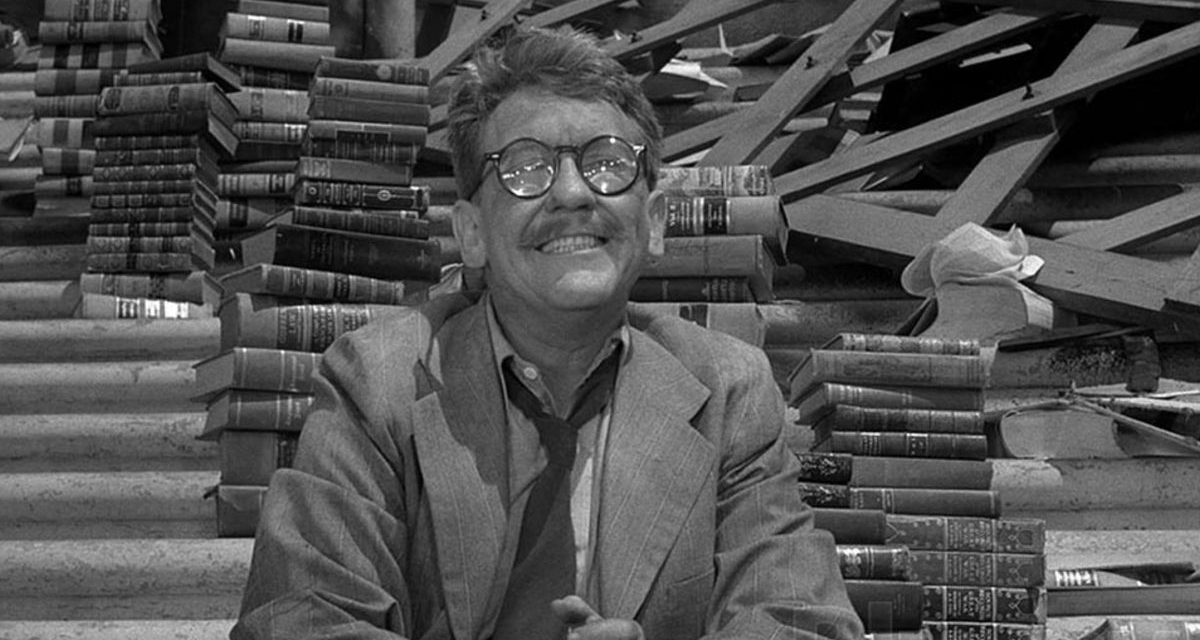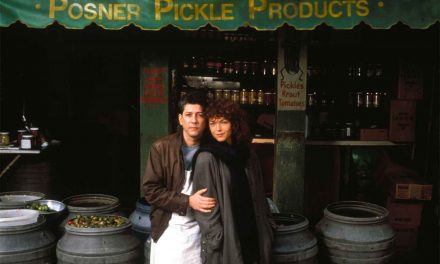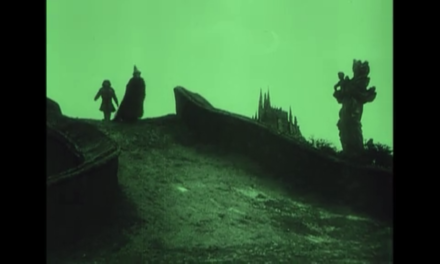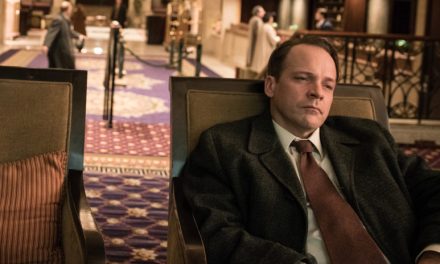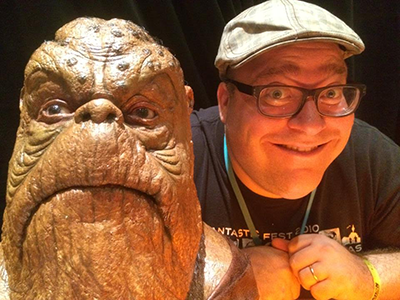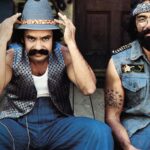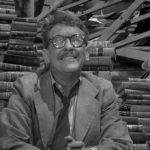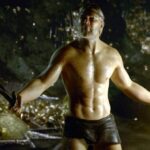Covid “Cloudy Head” is real. Even though I had nowhere to be in the evenings for most of the year, I found it extremely difficult to read books. There was a good few weeks in April when all I looked at was a rising graph representing dead New Yorkers. Not that great. Maybe next year will be different, though to be frank last year I didn’t read that much more.
But here is what I did finish.
Dr. Futurity (1960), Philip K. Dick
This is PKD still very much with one foot in pure pulp. Maybe a foot plus a toe. A physician accidentally zooms off to the future somehow, then suddenly becomes a pawn in some kind of ongoing temporal war. I very much recommend this book, it’s a hoot.
The Chosen Wars: How Judaism Became an American Religion (2018), Steven R. Weisman
New York is still the most Jewish city in America, but you may not realize how clutch Charleston and Cincinnati were. Anyhow, this is a pretty fascinating history, and Weisman is wise enough to stay focused on colorful characters as much as possible.
Fleishman is in Trouble (2019), Taffy Brodesser-Akner
There’s a reason this was such a bestseller. It’s very, very funny, and extremely well-observed. Perhaps my familiarity with places like the 92nd St. Y put me in the tank for this early, but by the end I found myself really caring for the characters, even though I think they are doomed.
The Future of Another Timeline (2019), Annalee Newitz
This rules so goddamn hard. Really sharp sci fi, some rich historical sections and a group of characters you adore.
We (1922), Yevgeny Zamyatin
Early Soviet dystopian sci fi that starts out really strong and also ends well but, to be totally honest, kinda put me to sleep in the middle. I did like the idea of a society in which you are ordered to pull the shades down and fornicate at an appointed time.
Dune (1965), Frank Herbert
There’s been a billion things said about this book and I do not have all that much to add. I’d never read it before. I really liked gimmick of opening each chapter with a quote from a different in-world text. That’s how it’s done! I think Denis Villeneuve is a fool for thinking this could be a movie. David Lynch had the right idea, just do your own thing, man.
Apropos of Nothing (2020), Woody Allen
You may have forgotten this, but Woody Allen is incredibly funny. His recent movies have few fans; I remain one of them, proudly, but I’ll admit that they aren’t quite so sharp as his earlier output. None of that lethargy is evident in this hysterical memoir. There’s also strong Hollywood chatter in here, especially from the set of that boondoggle Casino Royale. There’s a lot about his current Josef K. saga, too, which gets just a smidge into “Lenny Bruce reading his court transcripts” territory, sadly. Still, by and large, this is a treasure.
The Jazz Ear: Conversations Over Music (2008), Ben Ratliff
Ratliff schmoozes with everyone (Sonny Rollins, Ornette Coleman, Maria Schneider, Pat Metheny, Wayne Shorter, etc etc etc) as they spin records. Not for commoners.
Dune Messiah (1969), Frank Herbert
Action action action! Some Herbert-heads hate this book but I loved it.
Stan Lee: A Life in Comics (2020), Liel Leibovitz
My chum Liel wrote this short biography, and allowed himself plenty of room to run wild with his interpretations of the work, which is the best part.
The Strawberry Statement (1969), James Simon Kunen
An outstanding document from a different era that I happened to be reading just as the George Floyd direct actions were taking place. Kunen’s POV, that of a Jewish jock in the Ivy League, is far different from the activists who took center stage this summer, which made for some interesting compare/contrasts. For every “right on” there’s a “wait, is this guy putting me on?” Highly recommended if you are into this sort of thing. The movie is only loosely related, but has its own merits.
Beethoven: Anguish and Triumph (2014), Jan Swafford
I spent a week alone at the beach this summer doing nothing but reading this 1,100 page tome. This guy, this Ludwig Van Beethoven, he sure had some kinda life, let me tell you.
Self Care (2020), Leigh Stein
This is a very funny, slim novel about Instagram feminism and wellness and venture capitalism that, if I am being completely honest with you, made me very happy that I have next-to-nothing to do with this world.
Antkind (2020), Charlie Kaufman
I’ve never read anything quite like Antkind. I’ve admired much (not all!) of Charlie Kaufman’s work in the past but this is, by far, the best thing he’s ever done. The story is surrealist mayhem, but that is secondary to the rat-a-tat voice of true madness that narrates, a style and perspective that began to infect my own thinking as I marched my way through these 700+ pages. So many jokes. So many good jokes.
Notes From Underground (1864), Fyodor Dostoyevsky
I needed some hair of the dog after Antkind.
Satchmo: My Life in New Orleans (1954), Louis Armstrong
Louis Armstrong’s first book, Swing That Music from 1936 (which I have not read), was ghostwritten. This was not. It’s wonderful. It’s Louis Armstrong, talking about his life from his earliest memories until he had enough of a career as a trumpet player to leave New Orleans. One interesting section was his description of 1918, when everybody got the flu except for him, because he took a powerful physic.
Open Sky: Sonny Rollins and His World of Improvisation (2000), Eric Nisenson
A good, straightforward bio of Sonny Rollins, with a primary focus on his discography.
Children of Dune (1976), Frank Herbert
Of the first three Dune books this has the most of an “oh, wow, far out, man” factor, but unfortunately there are also seriously long stretches of dull prose and people just talk talk talking at one another. Mixed bag. I intend to continue with more of the series, though.
Betraying Spinoza: The Renegade Jew Who Gave Us Modernity (2006), Rebecca Newberger Goldstein
This is strongest when it is Goldstein talking about Spinoza through the lens of her own life. The stuff about Spinoza’s actual ideas kinda flew over my head. I don’t really know what that guy is talking about. I’m sure he’s very smart. Anyway, this never becomes a straight biography, because not all that much is known about the dude. Descriptions of the Portuguese Jews living in Holland at the time, however, are fascinating.
Through Music to The Self: How to Appreciate and Experience Music Anew (1978), Peter Michael Hamel
This is an out-of-print British publication of a translated German book that, by today’s standards, would be considered xenophobic as hell, but had good intentions for its time. Part of it is just a history of “world music,” but it also gets into music theory and, for long stretches, dated New Age gobbledygook. I found this far more interesting as a time capsule object than anything else.

